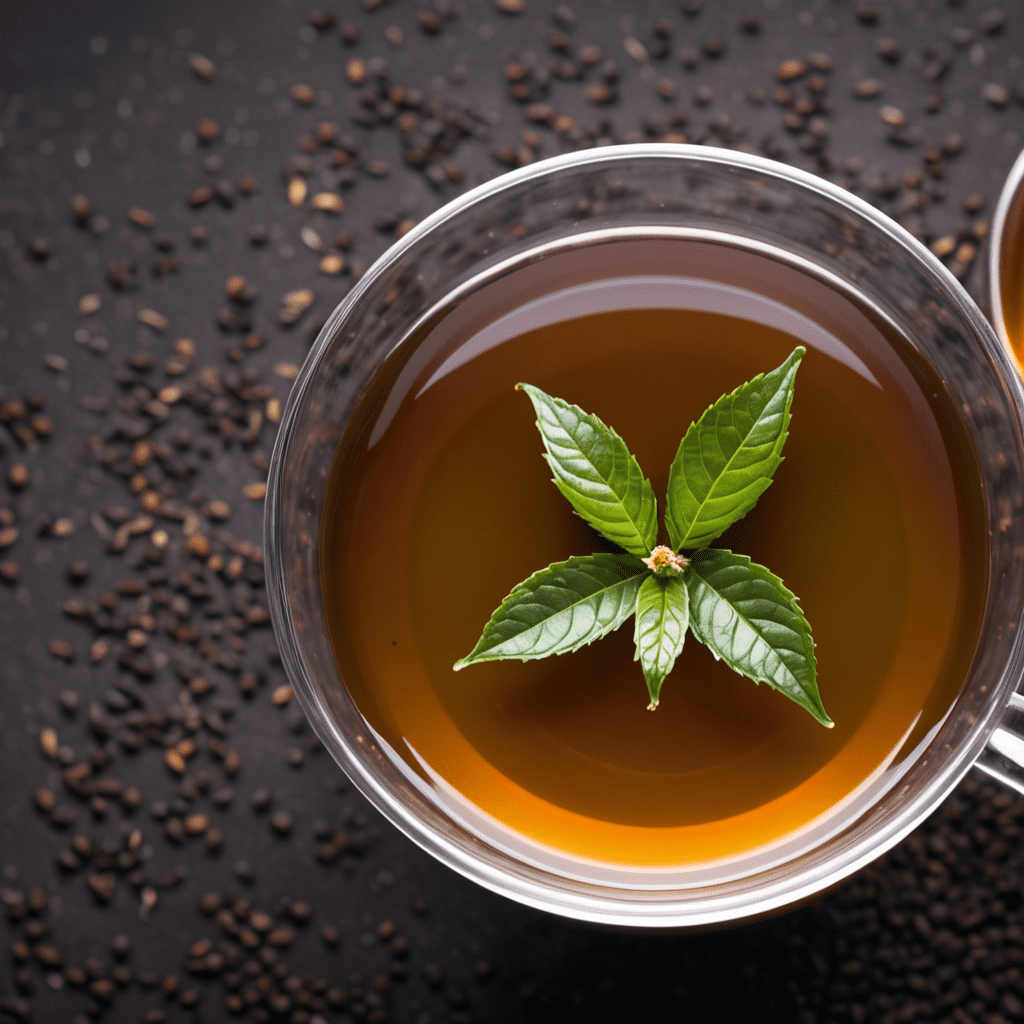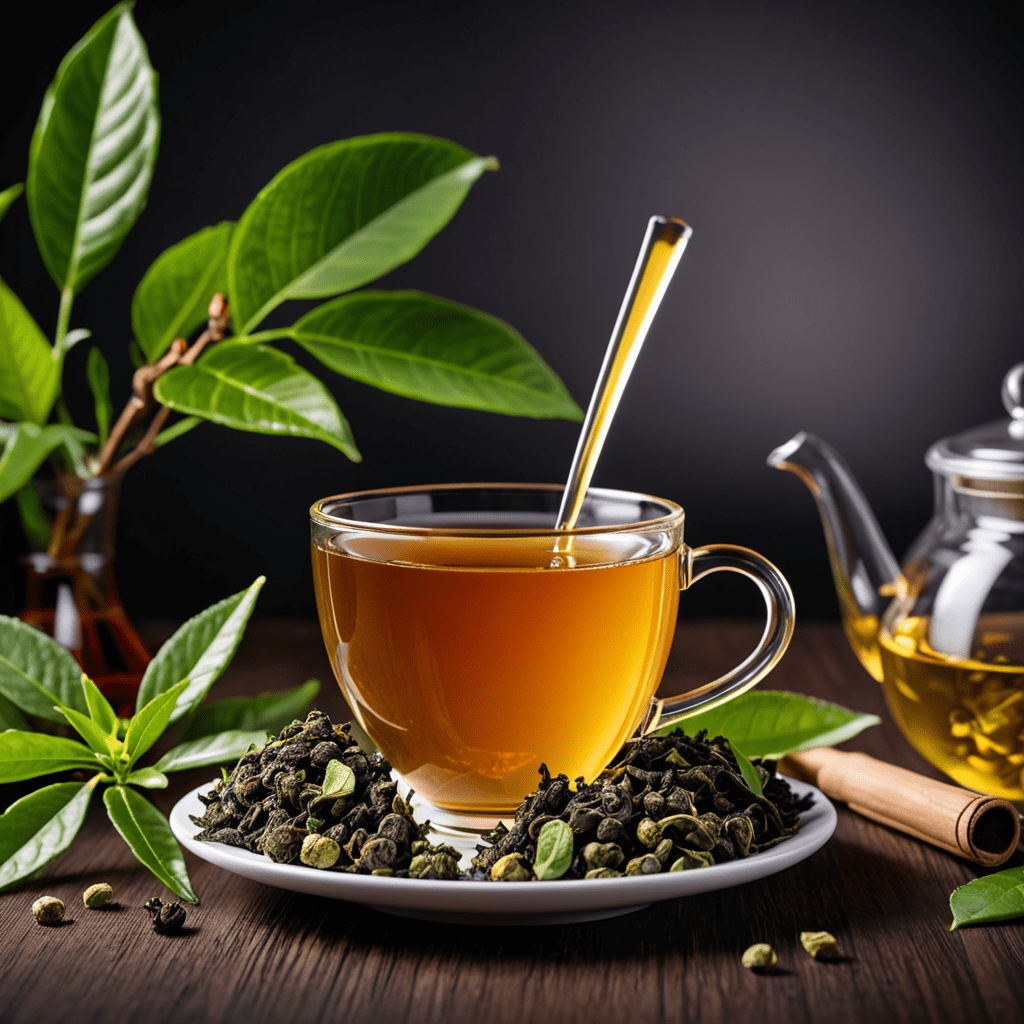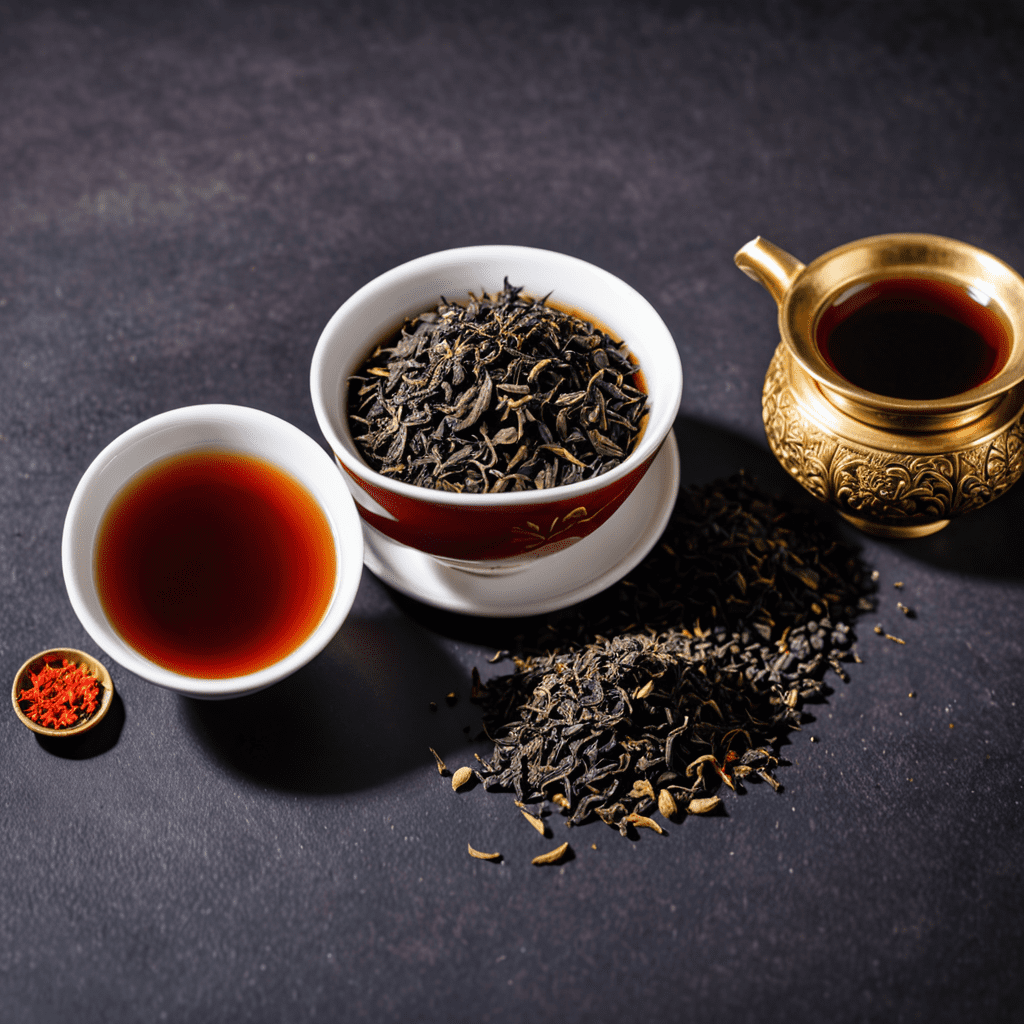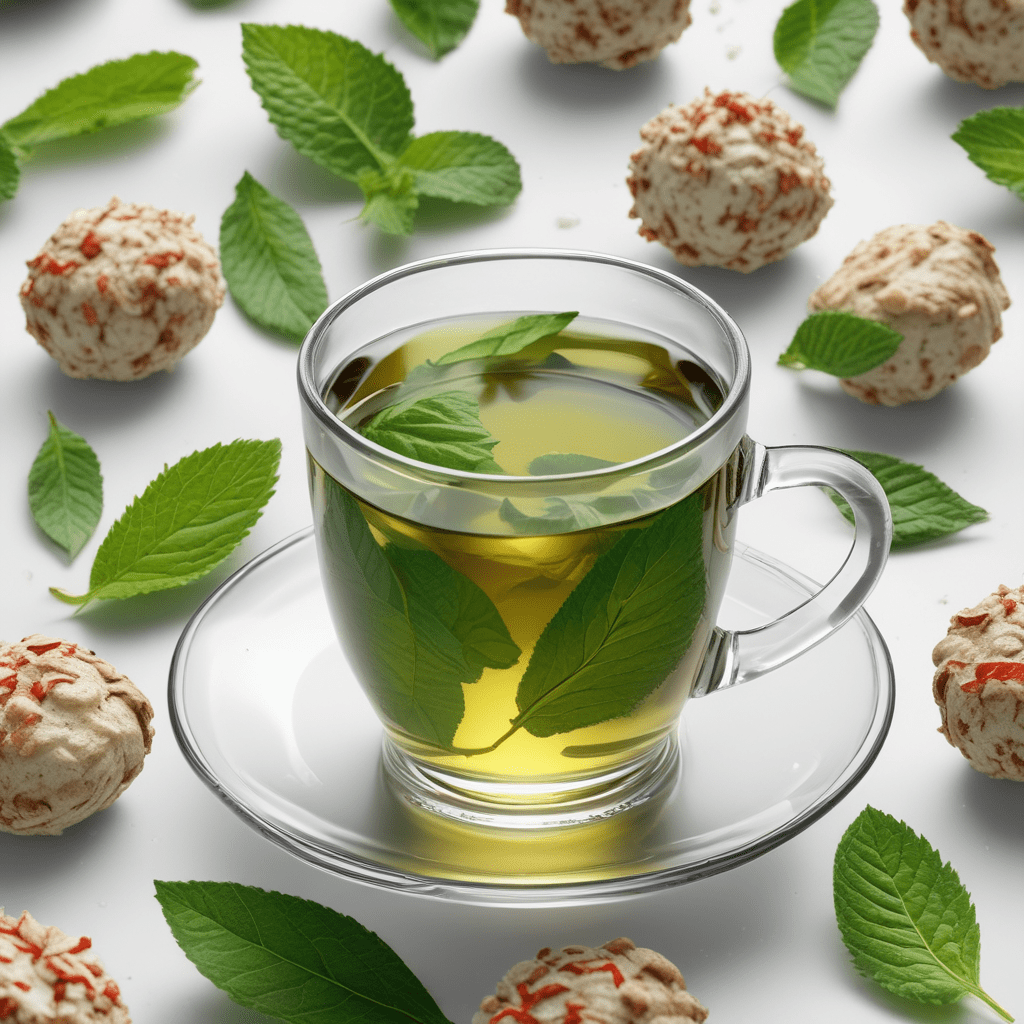
Green Tea vs Black Tea: Exploring the Ultimate Tea Showdown
In the world of tea, two titans stand out: Green tea and Black tea. Both have their unique flavors, aromas, and health benefits. Whether you’re a connoisseur or a casual tea drinker, understanding the differences between these two popular varieties can enrich your tea experience. Let’s dive into the ultimate tea showdown between green and black tea.
The Basics: Green Tea
Green tea, originating from China, is known for its delicate and fresh flavor. It is unoxidized, which means the leaves undergo minimal processing, retaining their natural green color. With its slightly grassy and vegetal notes, green tea is revered for its antioxidants and potential health benefits.
The Basics: Black Tea
Black tea, often associated with India and Sri Lanka, undergoes full oxidation during processing, resulting in its robust flavor and dark color. Its flavor profile ranges from malty to floral, making it a versatile choice for tea enthusiasts. Black tea is also packed with antioxidants and has been linked to various health benefits.
Flavor and Aroma
Green tea offers a light, subtly sweet, and grassy flavor, often accompanied by a refreshing aroma. On the other hand, black tea is bolder, offering complex flavors that can be malty, fruity, or even smoky, along with rich and inviting aromas.
Caffeine Content
Both green and black tea contain caffeine, but the levels differ. In general, black tea contains more caffeine compared to green tea. However, factors such as brewing time and water temperature can also influence caffeine content.
Health Benefits
Green tea is renowned for its high concentration of catechins, a type of antioxidant that may have various health benefits, including potential protective effects against certain diseases. Black tea, on the other hand, is known for its theaflavins and thearubigins, which are antioxidants that may contribute to heart health and overall well-being.
Brewing Techniques
When it comes to brewing, green tea is usually prepared with cooler water and shorter steeping times to preserve its delicate flavors. Black tea, being robust, can withstand hotter water and longer steeping times, often resulting in a stronger, more flavorful brew.
Frequently Asked Questions (FAQ)
Which tea has more caffeine: green or black tea?
Black tea generally contains more caffeine than green tea, but brewing factors can also play a role in the final caffeine content of a cup of tea.
Are there significant differences in the health benefits of green and black tea?
While both green and black tea offer various health benefits, their antioxidant profiles differ, potentially leading to different health outcomes. It’s best to include a variety of teas in your diet to enjoy a wide range of health benefits.
What are the key flavor differences between green and black tea?
Green tea tends to be lighter and more delicate, offering vegetal and grassy notes. Black tea, on the other hand, provides a bolder and richer flavor, with malty, fruity, or even smoky undertones.
Can I mix green and black tea together?
Yes, blending green and black tea can offer a unique flavor profile, combining the best of both worlds. Experimenting with tea blends can be a delightful experience for tea enthusiasts.
Which tea is best served hot or cold?
While personal preference plays a significant role, green tea is often preferred as a cold brew due to its light and refreshing flavors, whereas black tea’s robustness makes it a popular choice for hot brews.
Do green and black tea have different cultural significances?
Yes, both green and black tea hold cultural significance in various regions of the world. Green tea has deep roots in East Asian traditions, particularly in countries like China and Japan, whereas black tea has historical prominence in regions such as India, Sri Lanka, and the United Kingdom.
Are there any significant variations in brewing methods between green and black tea?
Yes, the brewing techniques for green and black tea differ due to their distinct flavor profiles and processing methods. Green tea is often brewed with cooler water and shorter steeping times, while black tea is typically prepared with hotter water and longer steeping times to extract its rich flavors.


